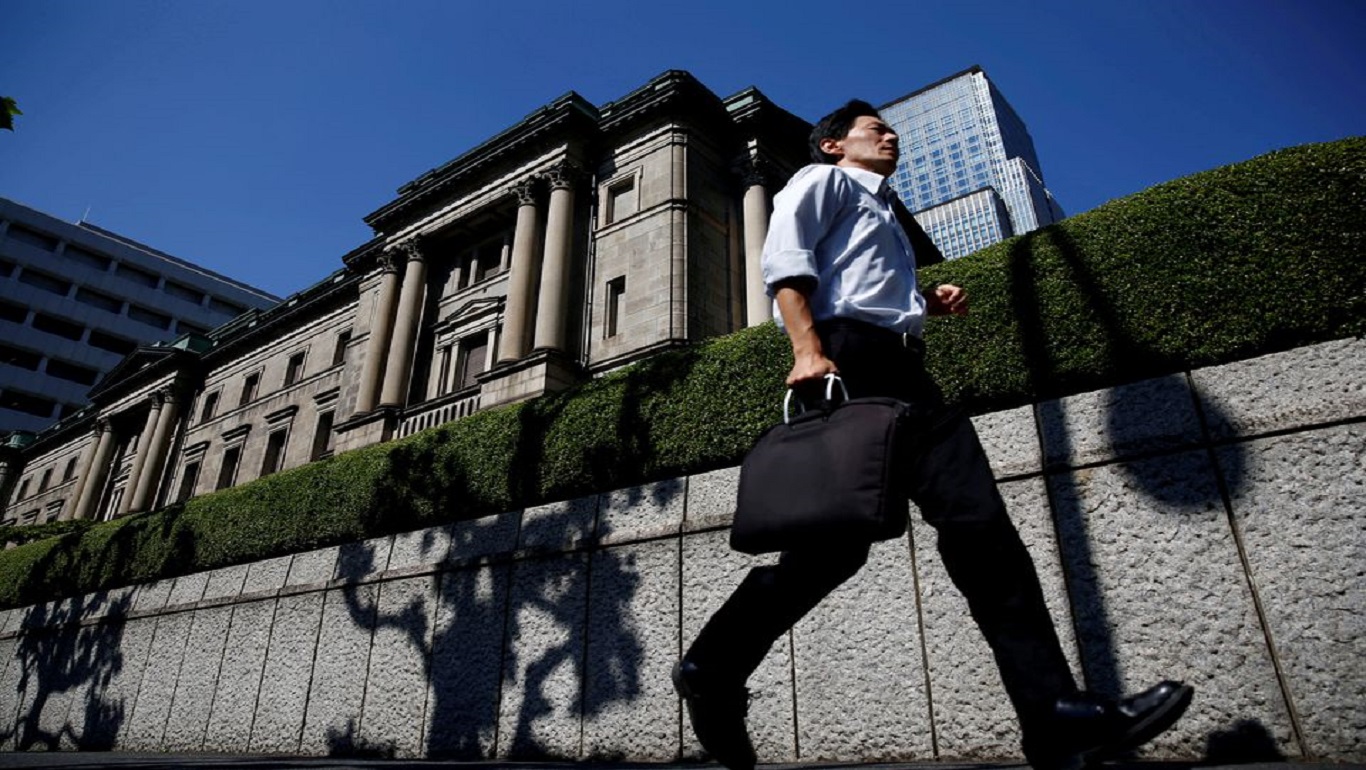




Inflation Update: Green light for easing
 DOWNLOAD
DOWNLOAD

December Economic Update: One for them, one for us
 DOWNLOAD
DOWNLOAD

Philippines Trade Update: Trade trajectories trend along
 DOWNLOAD
DOWNLOAD


BOJ policymaker vows to keep ultra-low rates, dovish guidance

TOKYO, Aug 25 (Reuters) – The Bank of Japan must maintain massive monetary stimulus and its dovish policy guidance until wages show clearer signs of increasing, one of its board members said, reinforcing the central bank’s outlier status in a global wave of monetary tightening.
Board member Toyoaki Nakamura also ruled out the chance of tweaking Japan’s ultra-low interest rates to stem the yen’s falls against the dollar, saying there was not much the BOJ can do to reverse a trend largely driven by US rate hikes.
“We’re not quite there yet,” Nakamura told a news conference, when asked whether the BOJ sees scope to adjust its dovish forward guidance that project interest rates will move at “current or lower levels.”
The BOJ must look at winter bonus payments and next year’s wage negotiations to determine whether it can tweak the guidance to a more neutral one, he said.
“It’s not right for Japan to join the global rate hike competition now,” Nakamura said, stressing the BOJ’s resolve to keep supporting the economy.
The BOJ has refrained from joining a flurry of rate hikes by central banks battling record surges in prices, as it focuses on supporting Japan’s delayed recovery from the pandemic’s hit.
The BOJ has deployed a massive amount of stimulus for nearly a decade to fire up inflation to its 2% target, and continues to cap long-term interest rates around zero to support the economy.
It also maintains a dovish bias on the future monetary policy path. Some analysts speculate the BOJ could tweak the guidance to a more neutral one as inflation creeps up.
In a speech delivered before the news conference, Nakamura said the outlook for Japan’s economy was clouded by a renewed spike in pandemic cases, supply constraints and persistent rises in global commodity prices.
Market jitters over aggressive rate hikes by major central banks to rein in rampant inflation could also trigger an outflow of capital from emerging economies, and hurt global growth, Nakamura added.
Such risks, and the fact Japan’s output gap remains negative, justify keeping monetary policy ultra-loose, he said.
Japan’s consumer inflation, at 2.4%, is much lower than the rate of over 8% seen in the United States and Europe due largely to sluggish wage growth, Nakamura said.
With recent price gains driven mostly by rising raw material costs, Japan must deal with the impact through targeted fiscal measures rather than monetary tightening, he added.
On the yen, Nakamura said the currency’s declines have been “quite sharp” this year and the high volatility likely has had a significant impact on Japan’s economy.
“The pros and cons of a weak yen vary depending on changes in the economic environment,” he added.
(Reporting by Leika Kihara; Editing by Himani Sarkar, Shri Navaratnam and Kim Coghill)
This article originally appeared on reuters.com





 By Reuters
By Reuters